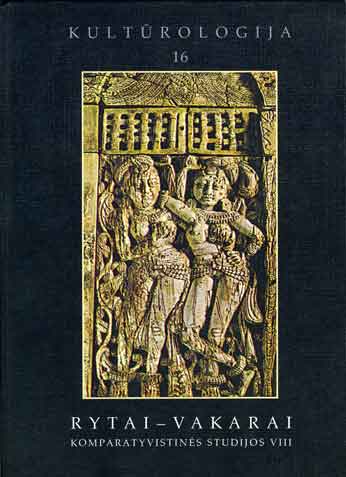Francis Fukuyama : į paskutinę santvarką,į poistorinį pasaulį, į meta civilizaciją
Francis Fukuyama : Entering The Last Order, Post- Historical World, Metacivilization
Author(s): Aivaras StepukonisSubject(s): Cultural Essay, Political Essay, Societal Essay
Published by: Lietuvos kultūros tyrimų
Keywords: Political science; dialectics; historiography; ideology; liberal democracy, free market; globalization; metacivilization
Summary/Abstract: The article investigates the views of well-known American thinker and political scientist Francis Fukuyama on the political and economic future of mankind encapsulated in the by now famous and controversial hypothesis of “the end of history”. The notions of coherent and directional history, the development of modern natural science, the dialectic of ideologies, and the global expansion and dissemination of liberal democracy are discussed. Fukuyama’s arguments for liberal democracy’s world role in universalizing Western technologies, the mechanisms of free market, and the principles of rational organization of labor are explained, as well as some doubts voiced whether such a political and economic order might not founder in the future. Finally, the hypothesis of “the end of history” is criticized in two respects: firstly, Fukuyama rests on a limited conception of historical dialectics that involves a vicious circle and seems to beg the question; also, Fukuyama misses the ingenious and yet potentially fatal endeavor of liberal democracy to replace the resolution of dialectical contradictions with the accumulation and mutual isolation of them. Secondly, Fukuyama does not distinguish between history and historiography, moreover, he identifies both with the sphere of political phenomena, thus succumbing to methodological anachronism, relapsing to the nineteenth-century historiographical practices, when the state was the only object truly worthy of historiography. At the turn of the twenty first century, such a shrinking of historiographical perspectives can be understood, at best, as a conscious partiality in defense of one’s own hypothesis whose weight of argumentation is lacking, whose rhetorical formulation is elevated above the critical spirit of science.
Journal: Kultūrologija
- Issue Year: 2008
- Issue No: 16
- Page Range: 27-56
- Page Count: 30
- Language: Lithuanian

